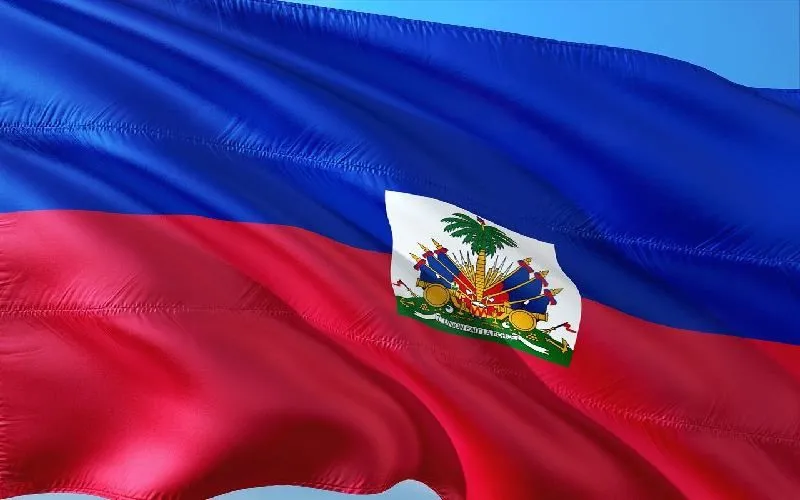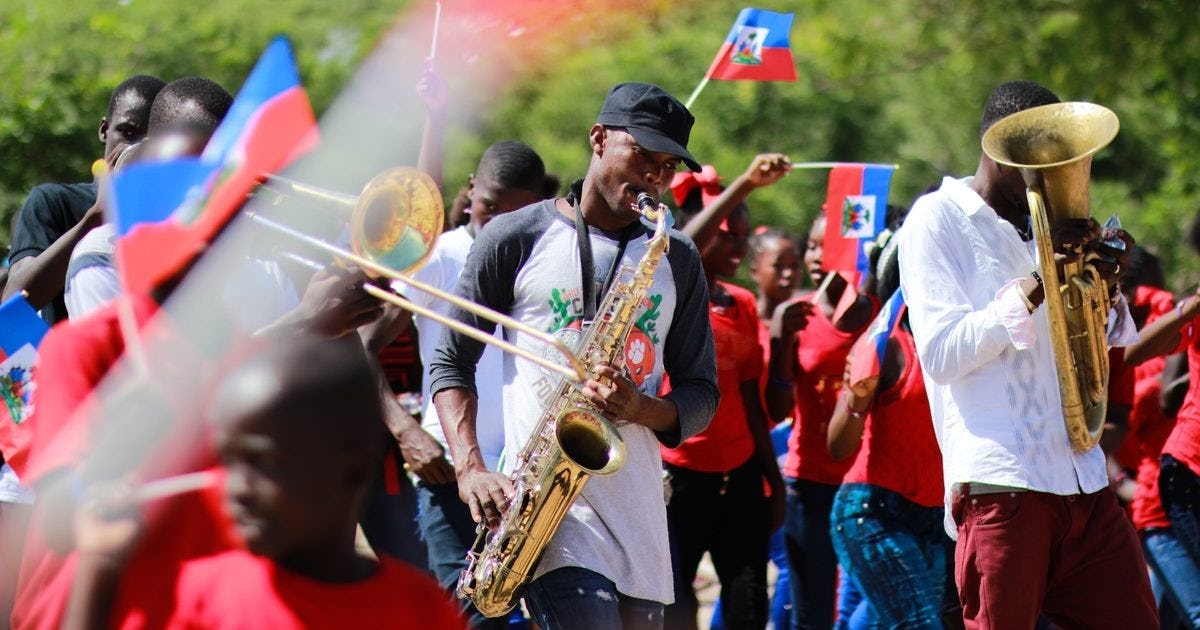Haitian culture is a vibrant tapestry woven from the threads of history, tradition, and identity. Among the many facets of this rich heritage are the last names that carry stories of lineage, pride, and resilience. Popular Haitian last names reflect the unique blend of African, French, and indigenous Taíno influences that characterize the nation. Understanding these names not only provides insight into the people of Haiti but also invites us to appreciate the intricate narratives that define their existence.
In a country where family ties are of paramount importance, last names often serve as a connection to ancestry and a symbol of one's roots. From the bustling streets of Port-au-Prince to the serene landscapes of the countryside, these last names resonate with the experiences of generations. Popular Haitian last names can reveal much about the social and historical context of the individuals who bear them, making them an essential part of the cultural identity of the Haitian people.
As we delve into the world of popular Haitian last names, we will explore their origins, meanings, and the notable figures associated with them. This journey will not only highlight the significance of these names but also celebrate the enduring spirit of a nation that has overcome adversity and continues to thrive. Join us as we uncover the stories behind some of the most recognized last names in Haiti and their cultural significance.
What are the Most Common Haitian Last Names?
Haitian last names often carry distinct meanings and reflect the heritage of families. Here are some of the most common names you might encounter:
- Jean: A surname that is derived from the French name “Jean,” meaning “God is gracious.”
- Joseph: Another popular French name that translates to “God will increase.”
- Pierre: Meaning “rock,” this name is a reflection of strength and stability.
- Louis: A name with royal connotations, it means “famous warrior.”
- Desroches: This name is commonly associated with families who have ties to the coastal regions of Haiti.
What Do Haitian Last Names Reveal About Their History?
Haitian last names often tell a story about the historical context in which they were formed. Many of them are derived from French colonial names, while others reflect African roots or indigenous influences. The mixture of these elements has shaped the cultural identity of Haiti.
Are There Notable Figures with Popular Haitian Last Names?
Absolutely! Many individuals of Haitian descent have made significant contributions to art, politics, and sports, and they often carry popular last names. Below is a brief overview of one such notable figure:
| Name | Date of Birth | Profession | Known For |
|---|---|---|---|
| Wyclef Jean | October 17, 1969 | Musician, Activist | Founder of The Fugees, Humanitarian Work |
How Do Haitian Last Names Reflect Cultural Identity?
The last names of Haitians often serve as an important marker of cultural identity. They encapsulate the history of colonization, migration, and the blending of different cultures. Many families proudly carry names that signify their ancestral heritage.
What Are Some Unique Haitian Last Names?
In addition to the more common names, there are unique surnames that have distinct meanings or origins:
- Bellegarde: A name meaning “beautiful guard,” often associated with families in rural areas.
- Saint-Laurent: Translating to “Saint Lawrence,” this name is often found among families with religious ties.
- Chavannes: Derived from a French surname, it is related to the name of a region in France.
Why Are Family Names Important in Haitian Culture?
In Haitian culture, family names carry a weight of significance. They are not just identifiers; they are a representation of lineage and heritage. Family names help individuals connect with their ancestors and maintain a sense of belonging to a community.
How Are Haitian Last Names Passed Down?
Haitian last names are traditionally passed down through generations, typically from father to child. This practice reinforces family ties and the importance of ancestry in Haitian society. The continuity of family names is a way to honor the past while ensuring that future generations remain connected to their roots.
What is the Future of Haitian Last Names?
As Haiti continues to evolve, so too does the significance of last names. Globalization and migration may introduce new influences, but the enduring legacy of popular Haitian last names will always hold a place in the hearts of the people. Whether through music, literature, or community, the stories behind these names will continue to be told, preserving the rich heritage they represent.
In conclusion, popular Haitian last names are more than just identifiers; they are a window into the history and cultural identity of a resilient people. From the common to the unique, these names carry stories of triumph, struggle, and the enduring spirit of Haiti.


